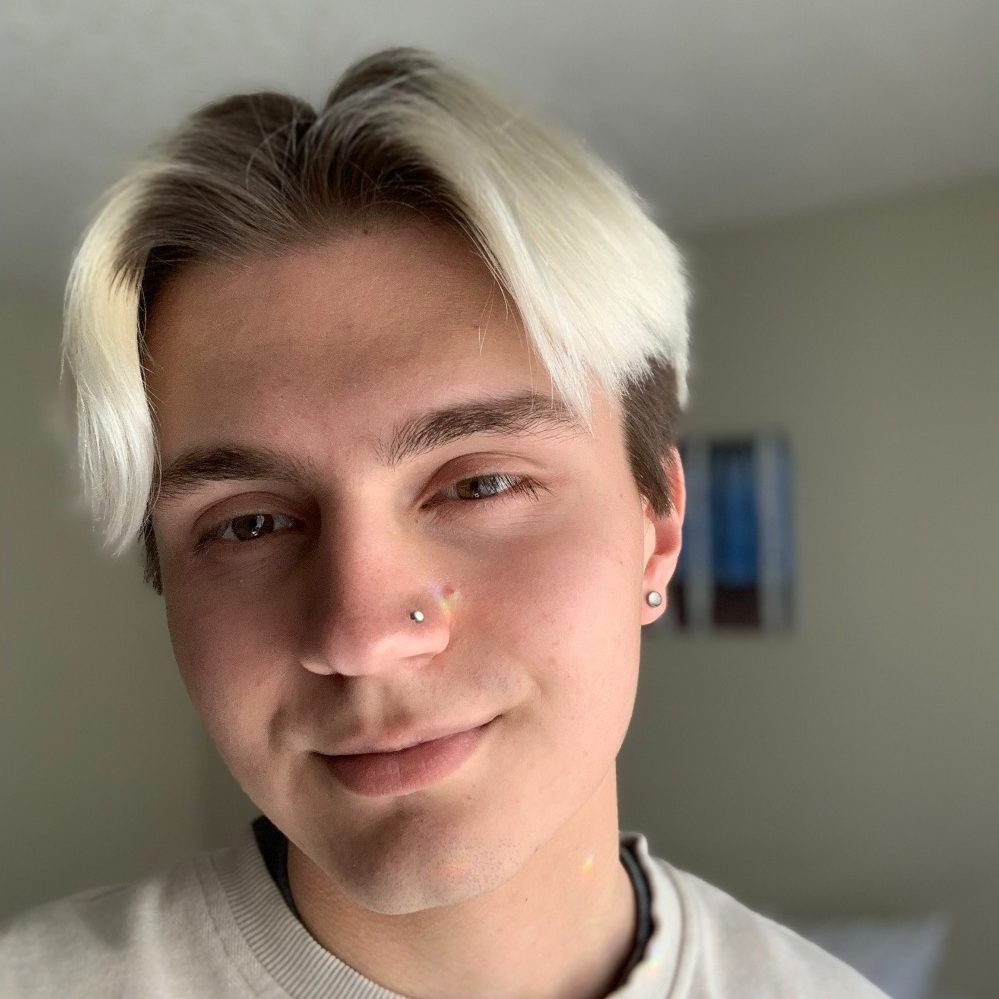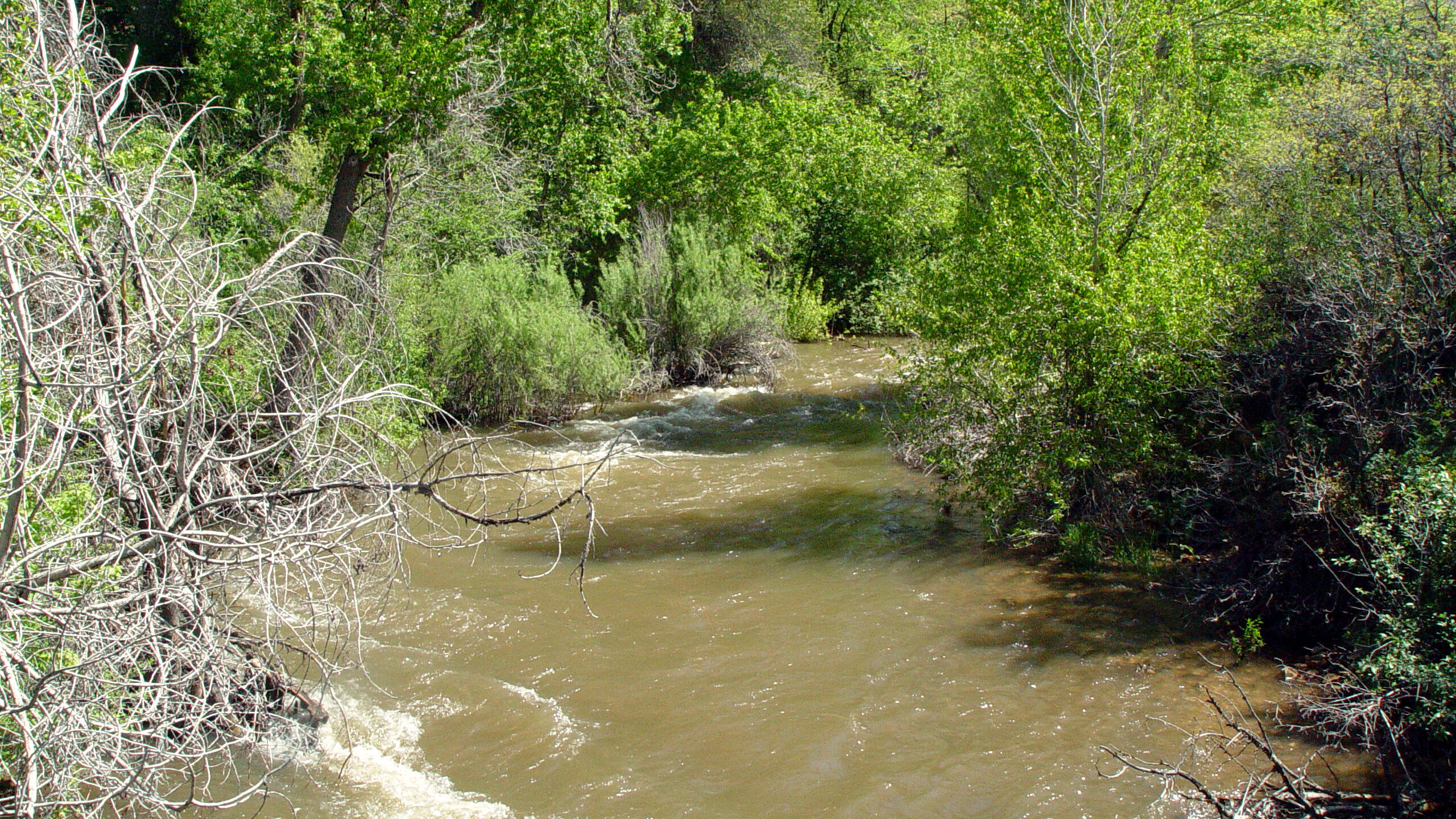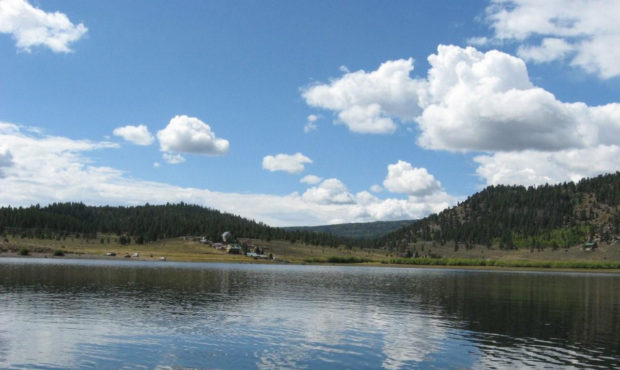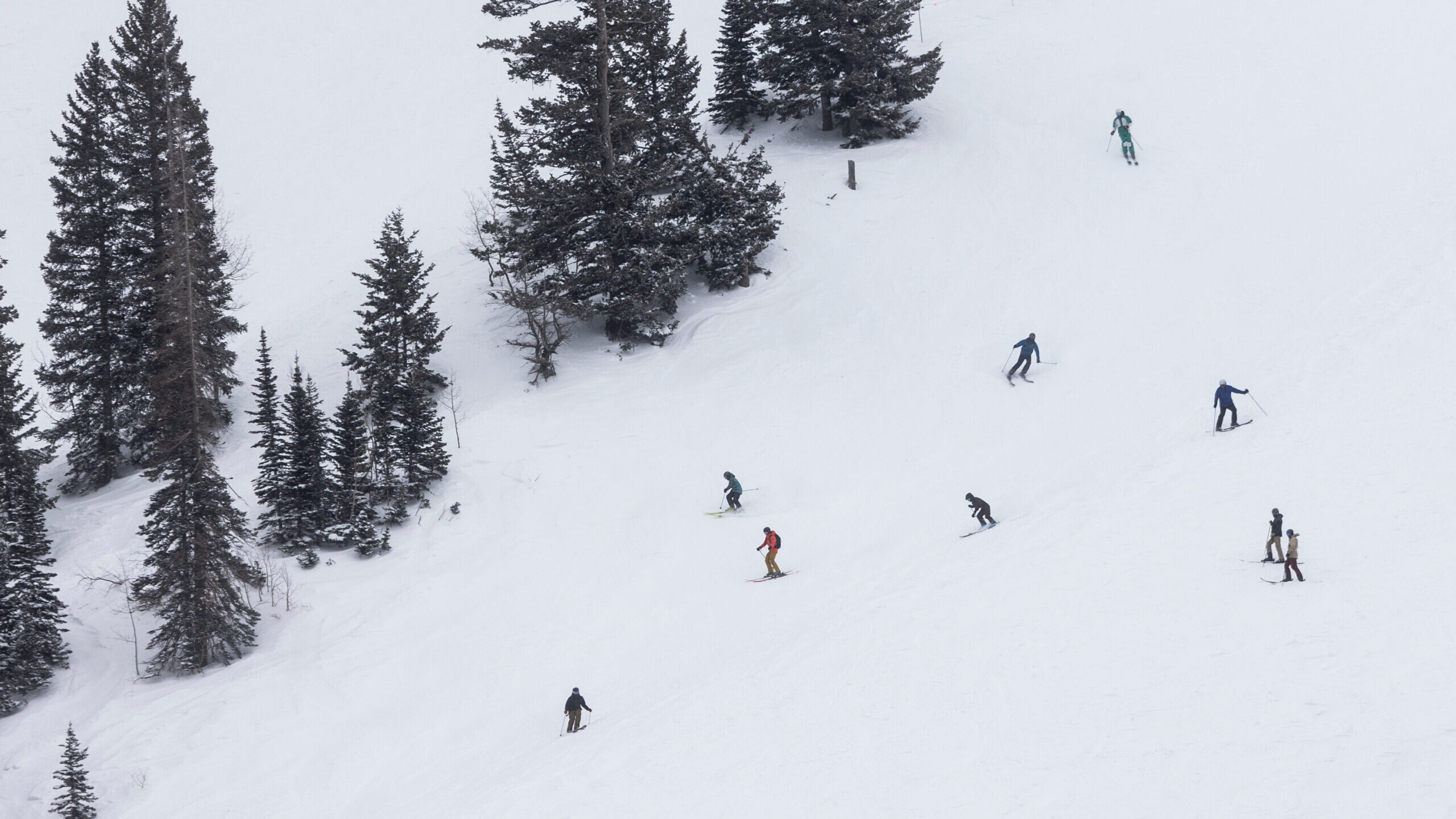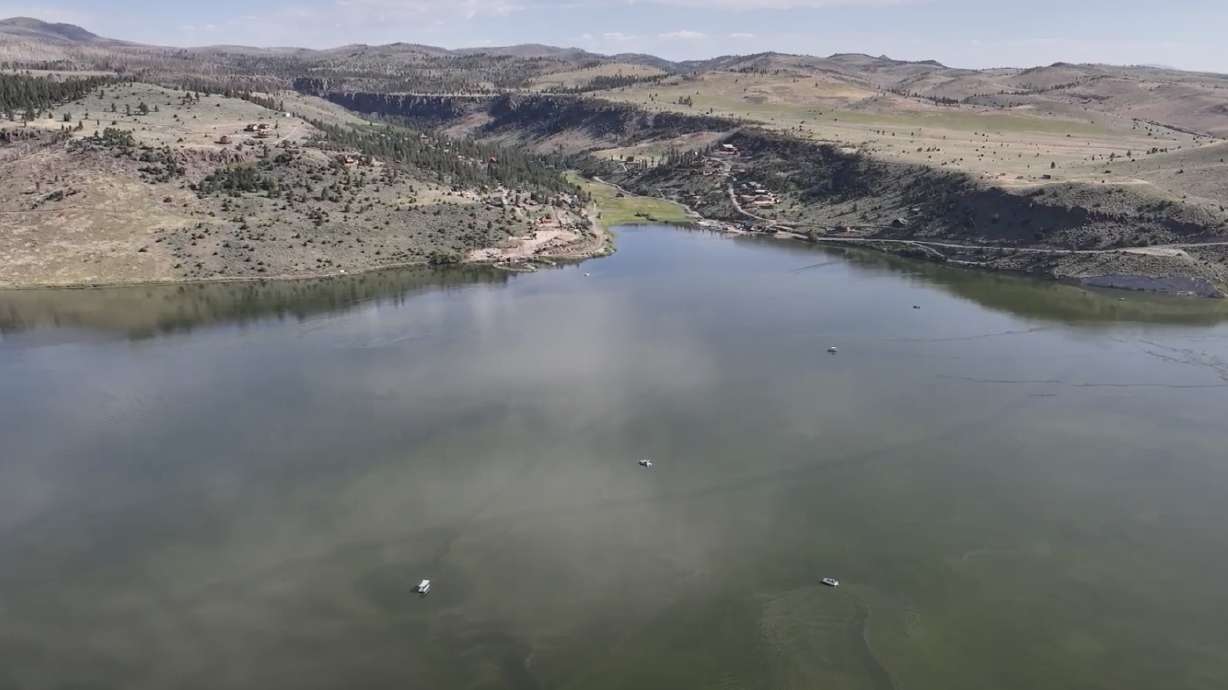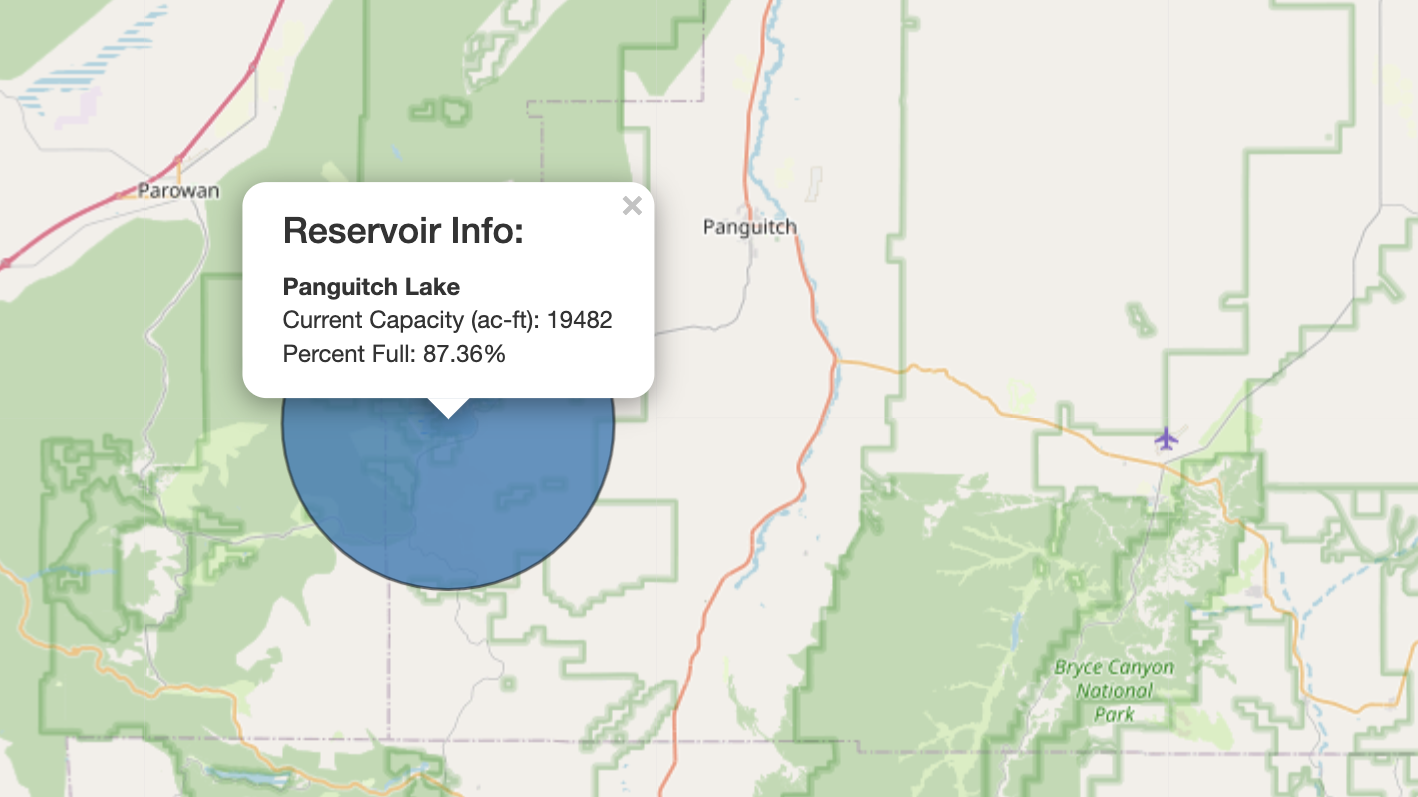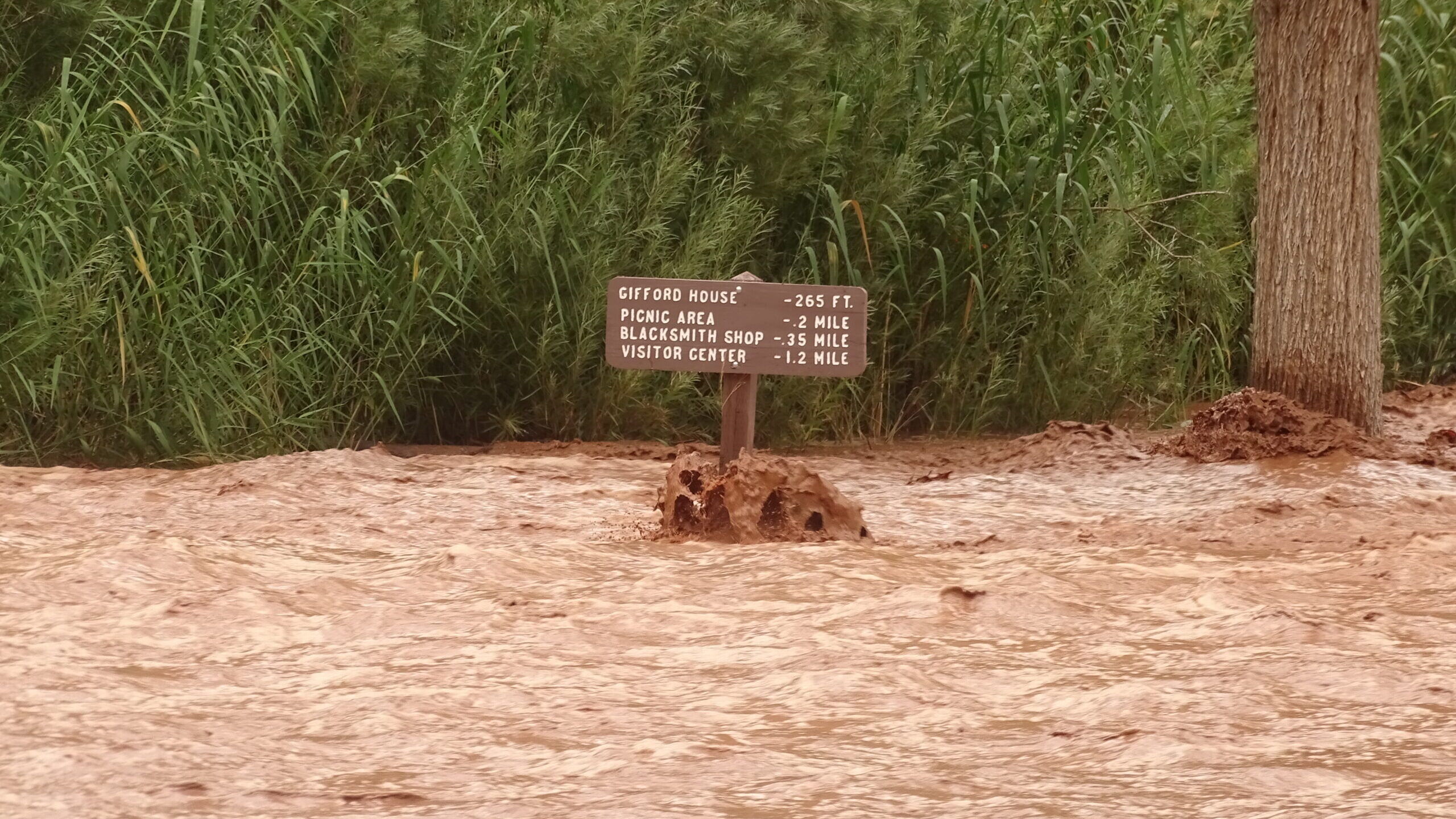How burn scars contribute to flooding
Apr 14, 2023, 7:00 PM | Updated: Jan 12, 2024, 2:15 pm
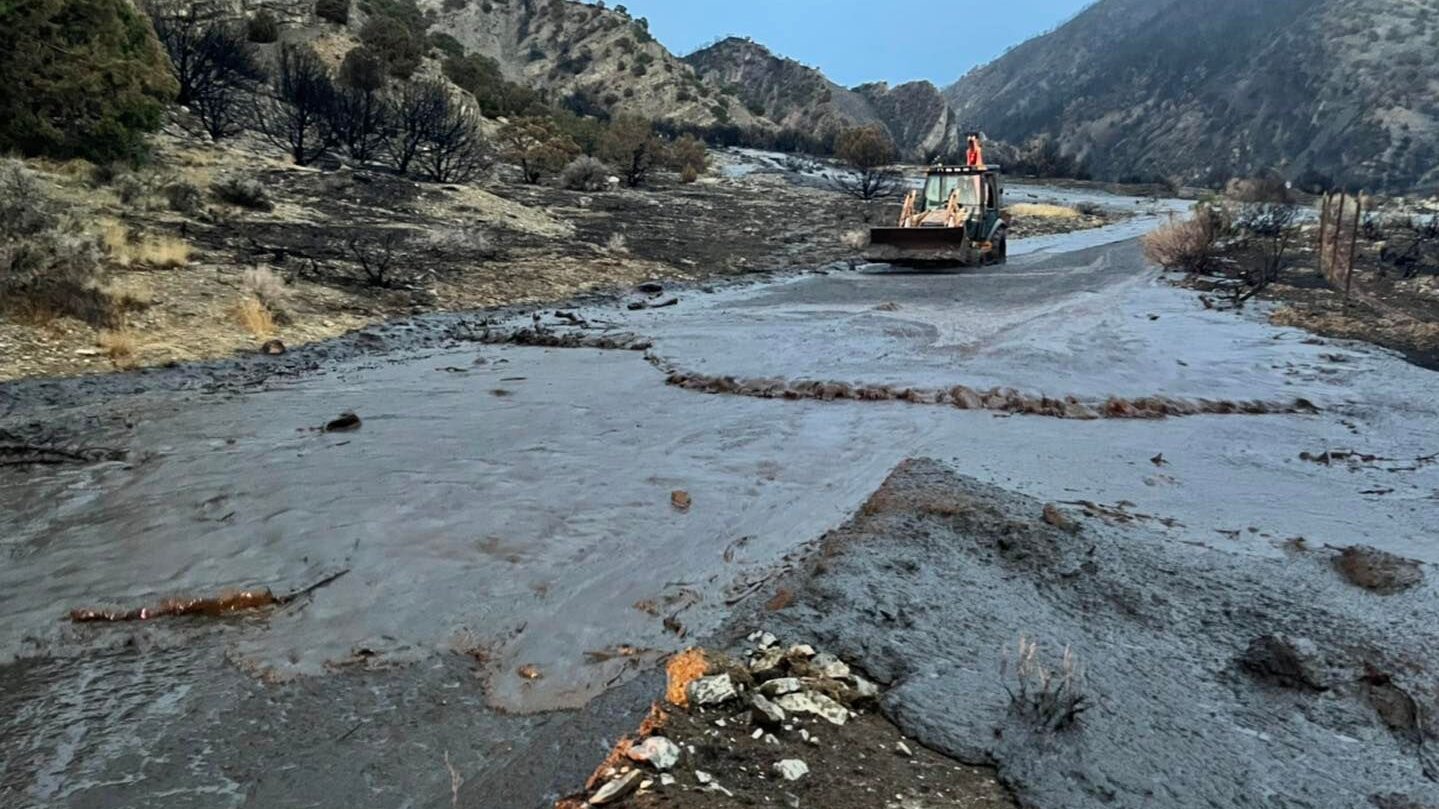
Flood damage clean-up in the area of the Jacob City Fire burn scar Aug. 14, 2022.(Stockton police)
(Stockton police)
TOOELE, Utah — As spring runoff continues, a contributing factor to where water flows is the burn scars in the mountains.
Tooele County Emergency Services Director Bucky Whitehouse joined Jeff Caplan’s Afternoon News Thursday to shed some light on what this means as snow melts and water flows.
Whitehouse is familiar with burn scars, as Tooele County faced multiple brush fires during the summer of 2022.
“Our biggest fire this last year was the Jacob City Fire located in Soldier Canyon just south of Stockton,” he said. “In that canyon, it was already a steep canyon prone to flooding anyway.”
Burn scars and flooding conditions
He said with the burn scar in Soldier Canyon flooding conditions are even worse.
“With the burn scars that we now have in there, the water, as it starts to melt and that particular canyon, just comes down at a very fast pace,” Whitehouse said. “[It] does create problems for us trying to make sure that it gets channeled correctly down the canyon and out into the fly lands.”
Despite the burn scar making flood mitigation difficult, Whitehouse said Tooele County has already jumped into action.
“We’ve actually been able to put berms in the canyon already to be able to deflect the water as it starts coming down at such a rapid pace and to ensure that it stays in the channel,” he said.
According to Whitehouse, the channel leads to a nearby body of water called Rush Lake.
“We will tell you that Rush Lake has been dry for about the last 15 years,” he said. “It’s already starting to, to take on water from all the snow melt that we’re experiencing in that canyon and in the adjacent canyons in the area, just due to the high runoff.”
Fortunately, according to Whitehouse, water runoff in Tooele is mostly occurring in unpopulated areas.
“At this point, it’s (water runoff) acting like we want it to act in terms of coming down in its normal drainage channels and then coming to rest in … areas that are known as our aquifer recharge zones, which is helpful, obviously, for our groundwater,” he said.
Listen to the full segment.
Jeff Caplan’s Afternoon News can be heard on weekdays from 3 to 7 p.m.

